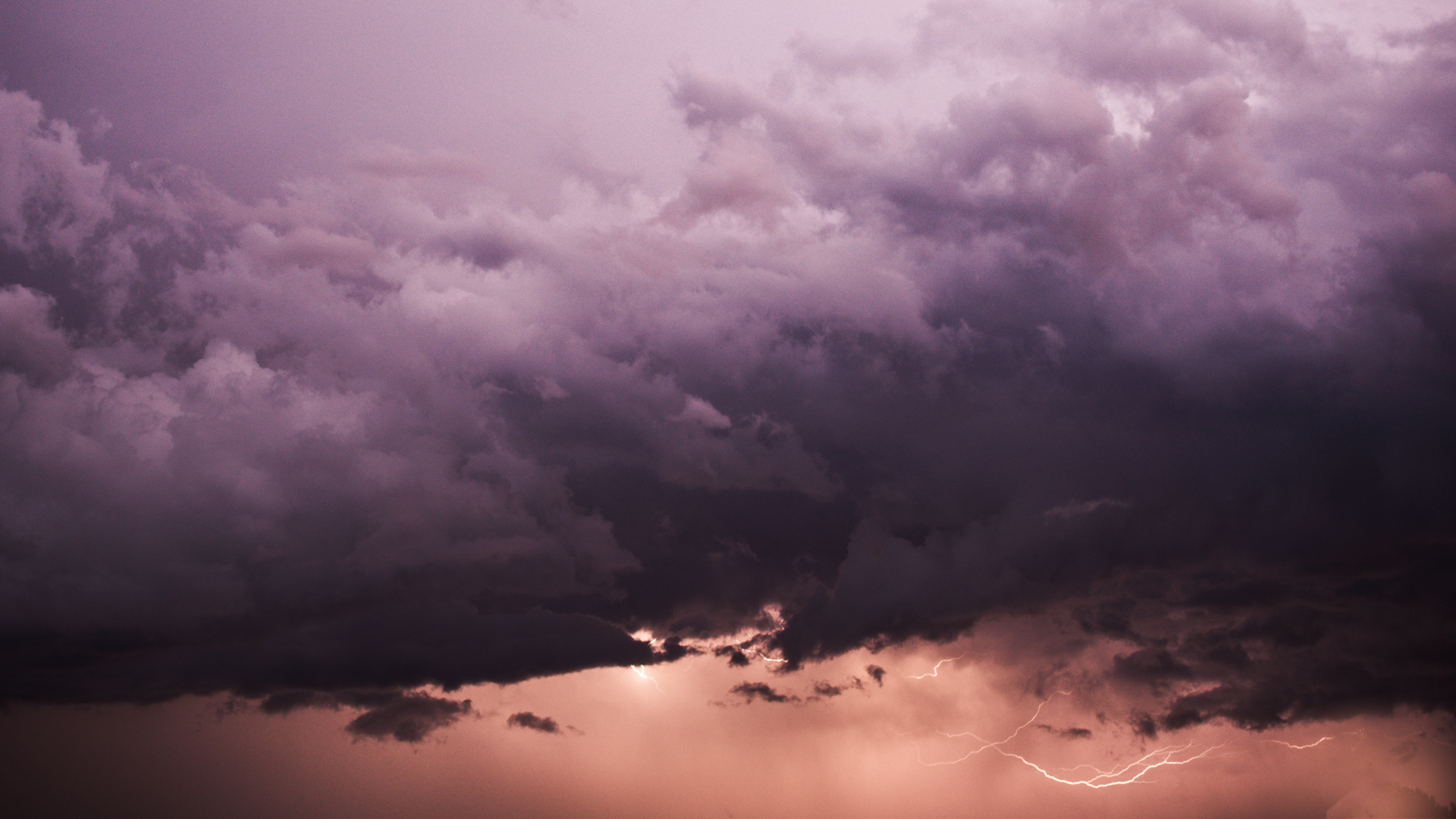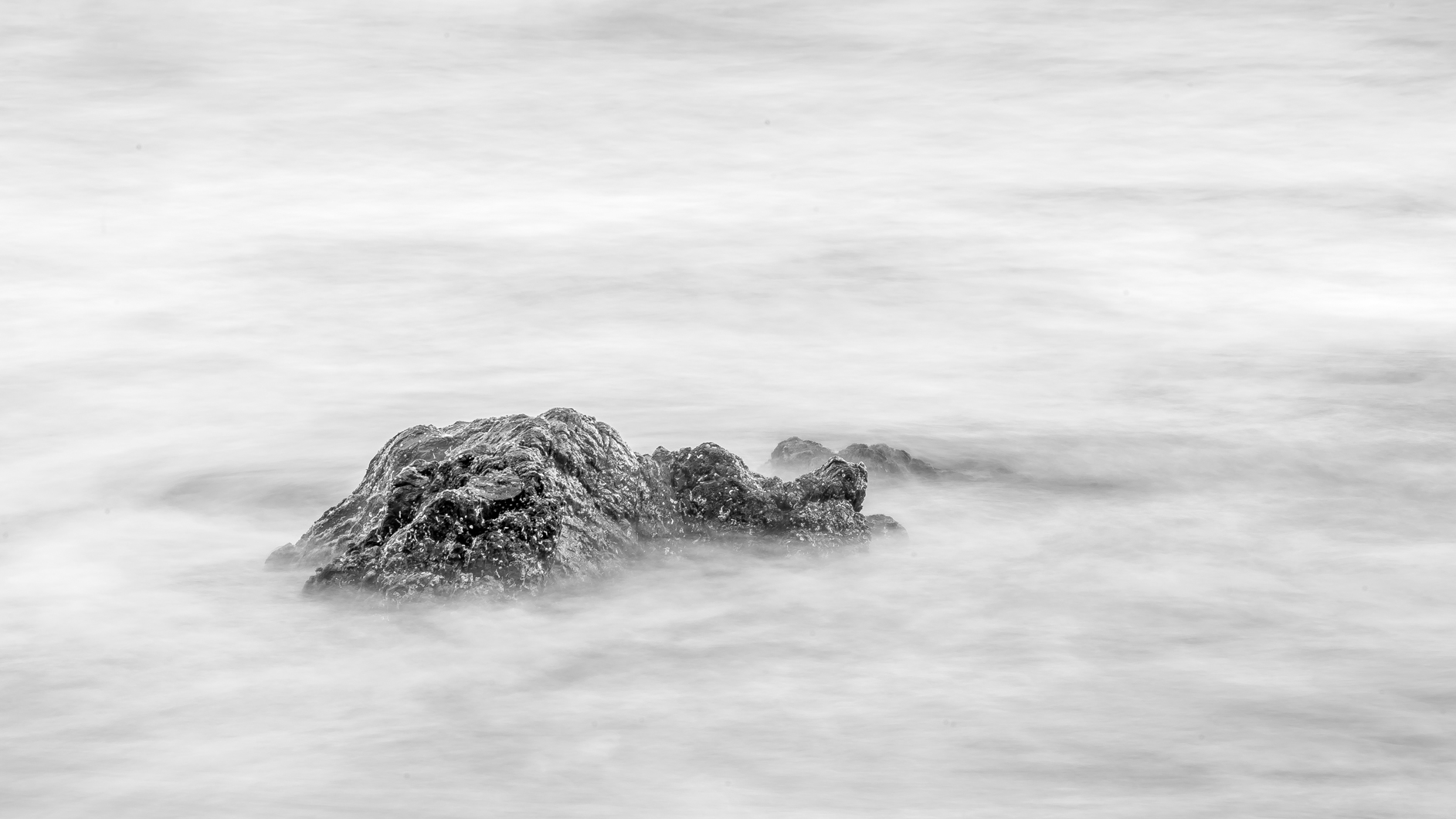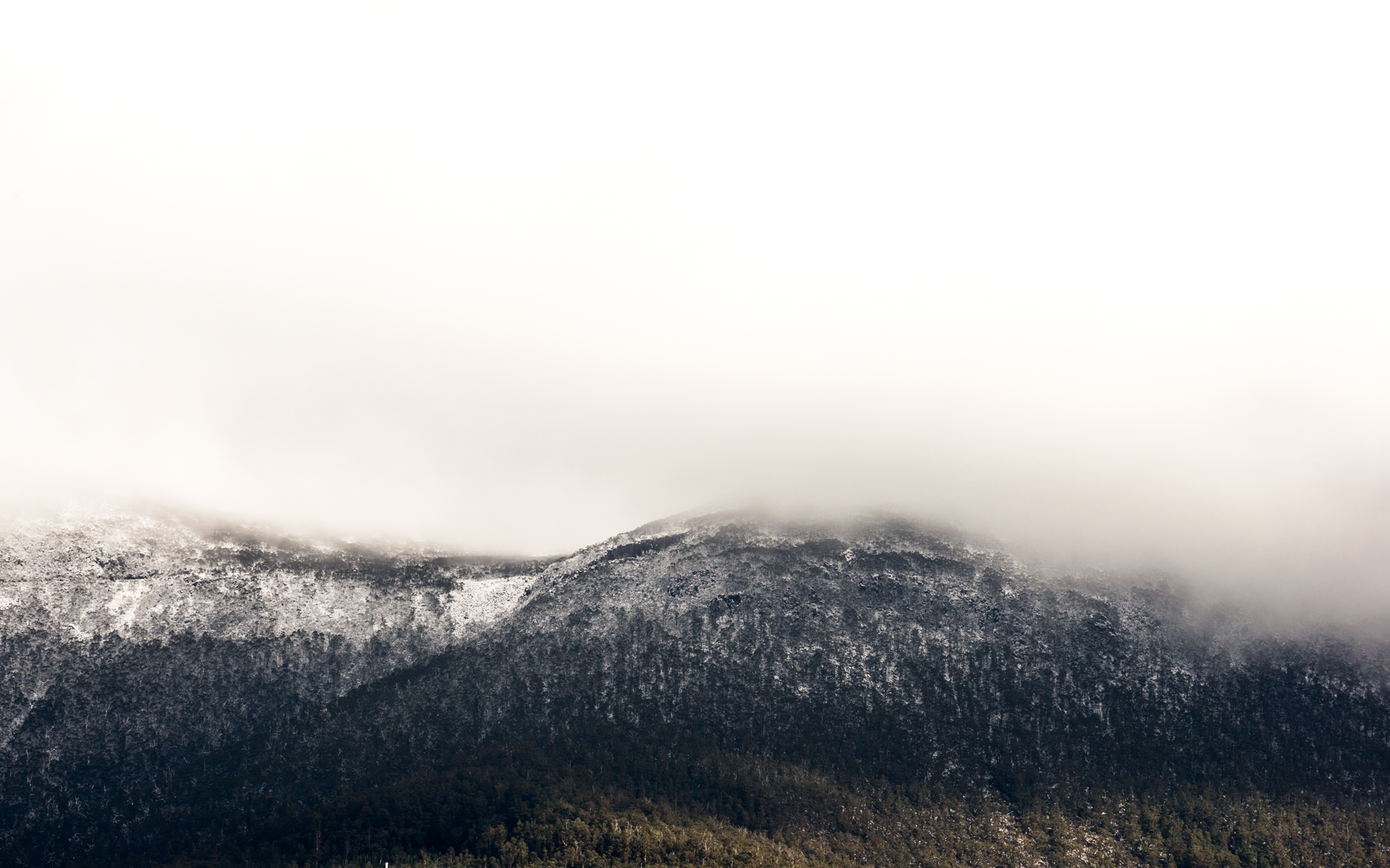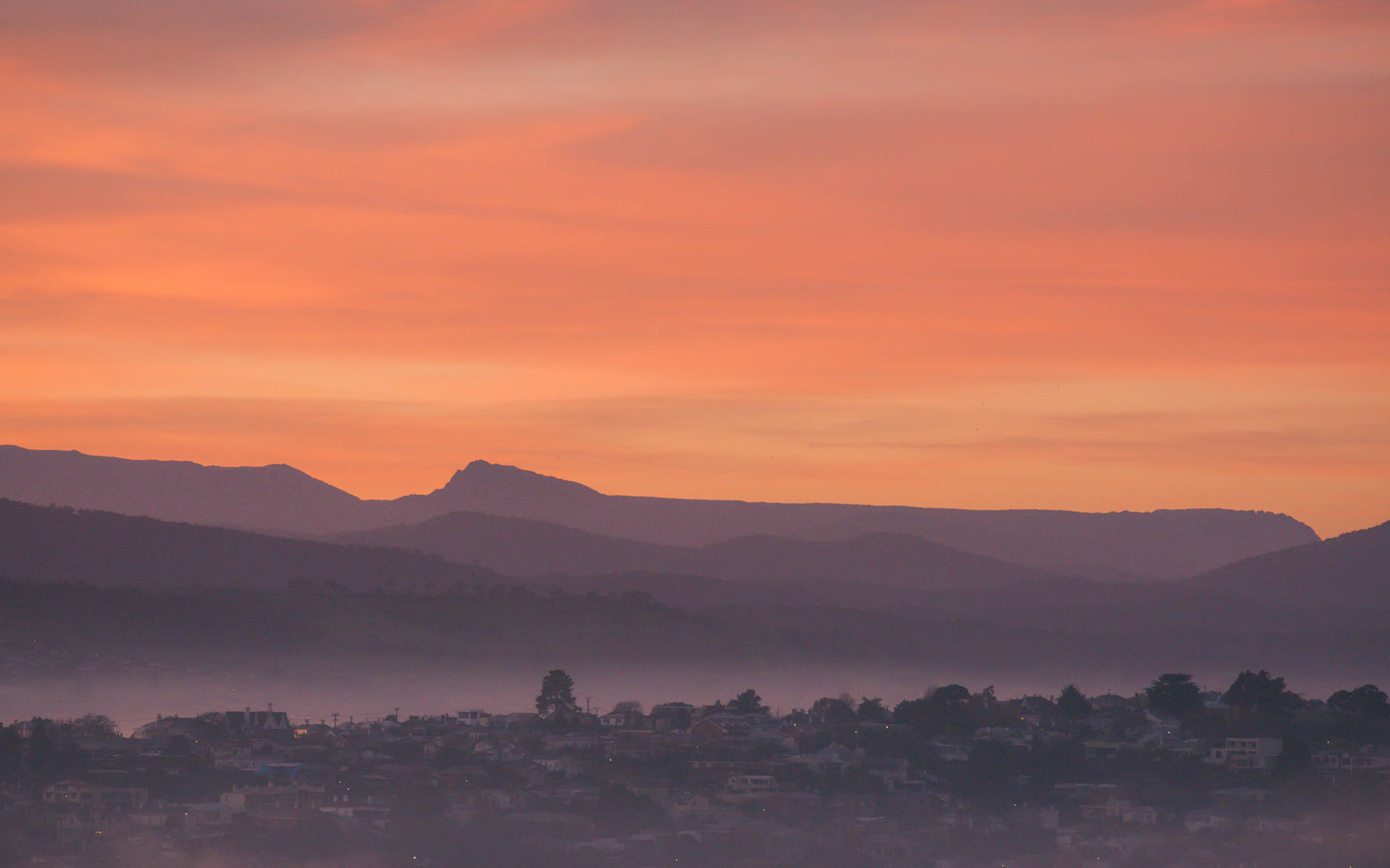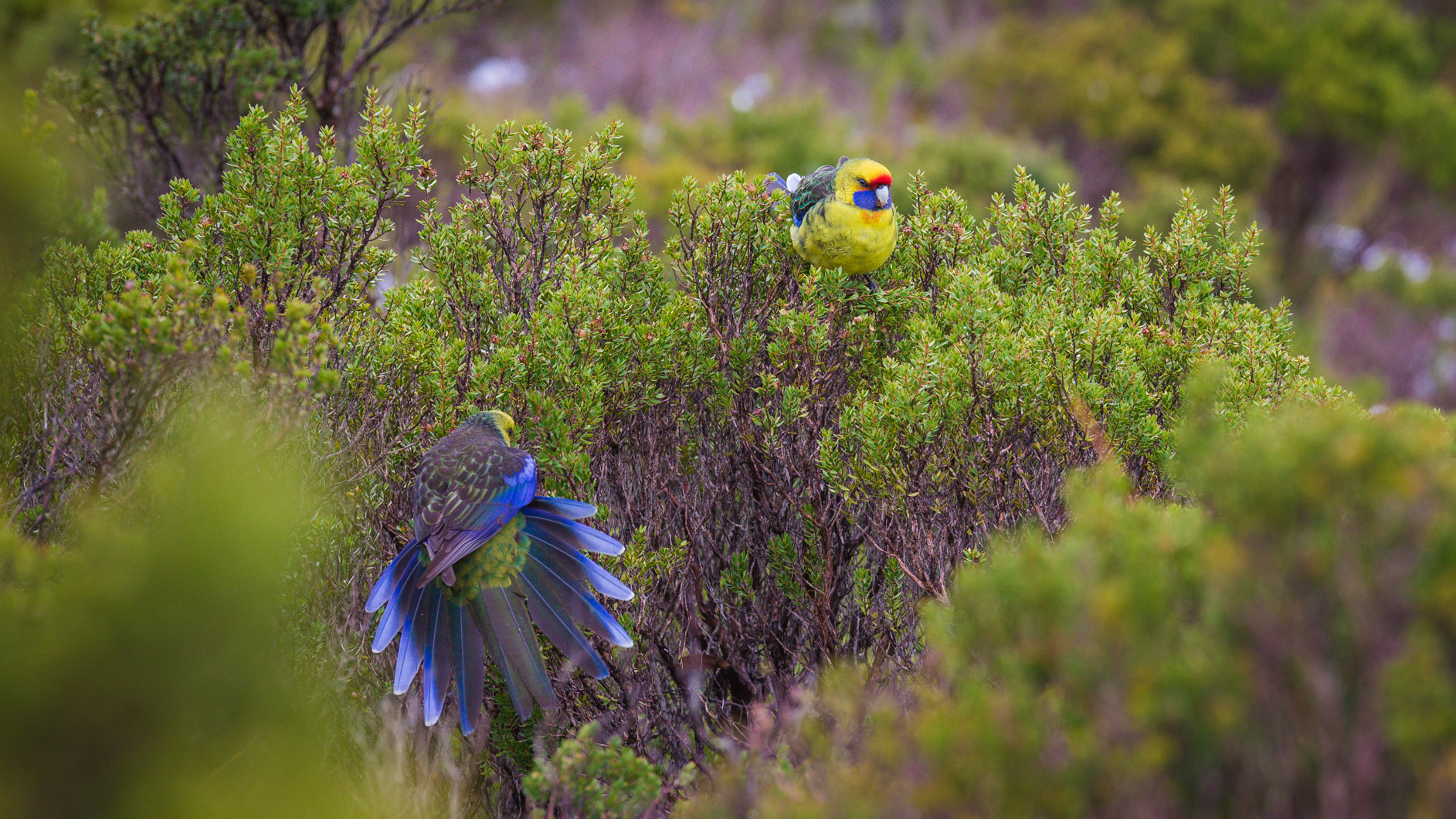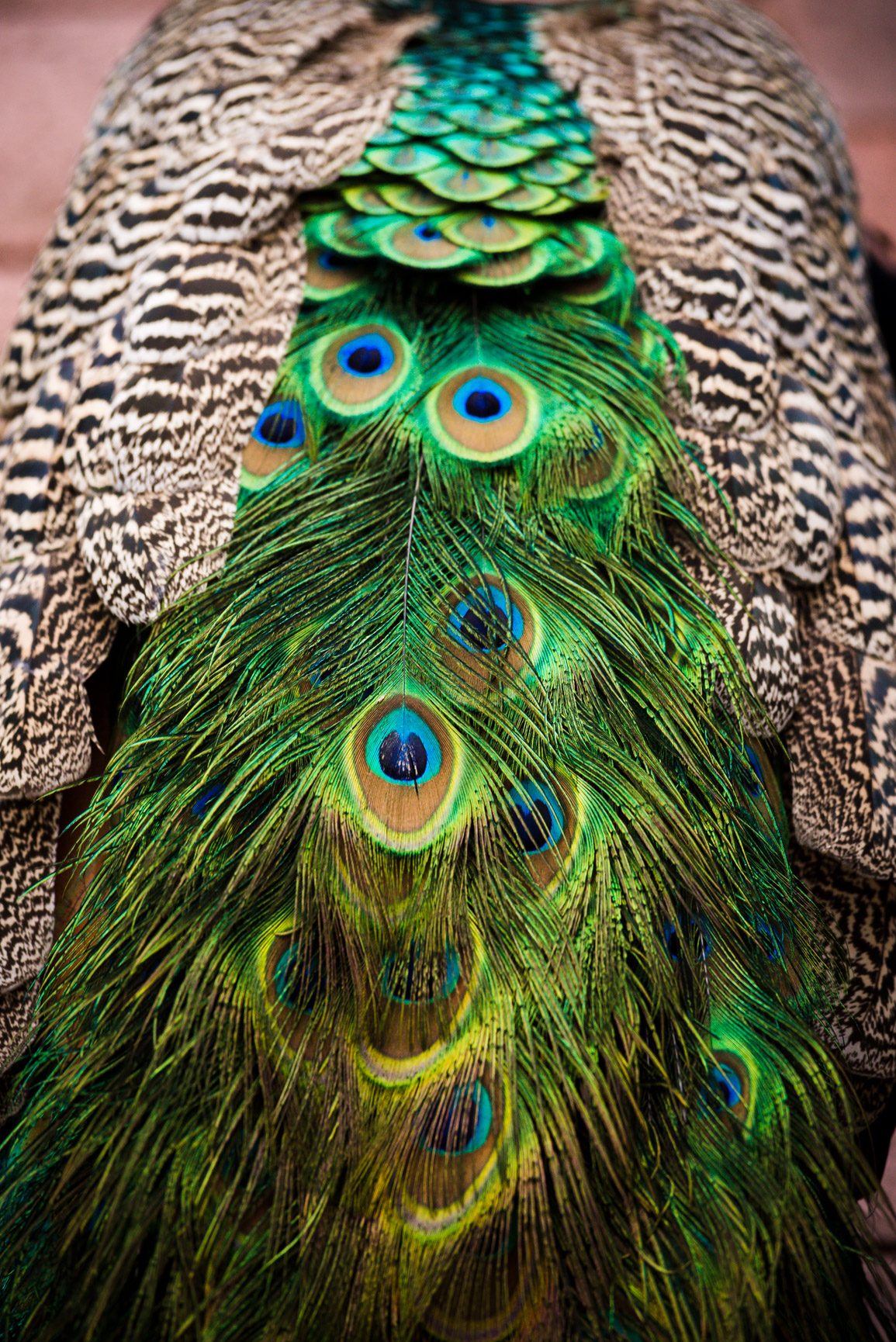Tokina AT-X 70-200 F4 FX VCM-S
My first impressions...
I had the pleasure of taking the AT-X 70-200 F4 FX VCM-S for a test run.
In the past I have used both the Tamron & Nikon 70-200mm F2.8, whilst not necessarily comparable due to the different f stop, it did still gives me a good sense of the kind of lens it needs to be. In the last few months, I have been taking the lens with me to play with it; to get a sense of how it handles; and, my first impressions are really good.
It is a well made lens. I had the misfortune of accidentally dropping the lens from my bag! Whilst it was not from a great height, it did fall onto hard tile and concrete at the train station, surviving the incident seemingly unscathed much to my relief. It would appear that the lens is resilient and durable enough to withstand even my rough handling.
In testing the lens in the “field”, it showed itself to have great optical quality. The lens is very sharp and the images produced are of a high quality and have good colour rendition and nice bokeh. On the downside, the lens does produce some chromatic aberration, as well as some slight vignetting.
For the more traditionalists out there, this lens does not have the distinct push/pull focus ring, that we see in the other Tokina lenses. It comes with a switch mode. There are two switches - Auto to Manual and the other for Image Stabilisation.
The auto focus is silent and has a good overall accuracy and consistency. Generally speaking though, it is a little slower than some of its competitors. So depending on what the intended use is for this lens, it may add limitations.
The image stabilisation on the lens is very effective, however, it does produce a slight noise when activated.
Overall I've found the lens to be a great build, producing excellent image quality at an affordable price point! It is a great lens which I believe is probably geared more towards the prosumer and the amateurs or amateurs aiming to make that great big leap. For the professional, it would be totally acceptable to use and produces an image that anyone would be proud of. Ultimately, you need to decide for yourself what you want to photograph and this will invariably decide if this lens is right for you.
So to break it down into the Pros & Cons…. here we go:
PROS:
Sharp Image Quality
Good Colour Rendition
Good auto focus
Image stabilisation is effective
Nice bokeh
Durable
It's lighter than a f2.8
Excellent Price Point
CONS:
Slight Vignetting and minor fringing
Chromatic abberation and distortion
Auto focus is a little slower than its competitors
Tokina AT-X 11-20 F2.8 PRO DX
My first impressions of the Tokina 11-20mm lens, with example images. Taken from the perspective of a landscape photographer.
Taken from: http://www.tokinalens.com/tokina/products/atxpro/atx1120f28prodx/
There was also some very mild fringing and vignetting (once I'd uploaded the images to my computer), however it was very minor and I found that this was easily fixed in LightRoom and at no detriment to the image quality.
Overall I've found the lens to be a great build, producing excellent image quality at a fantastic price point! It's a great alternative to those who would like to use a ultra wide angle lens on a budget. I've really enjoyed using it and have definitely been impressed! It makes it into my travel kit every SINGLE time due to the quality images it produces and lightweight build.
PROS:
- Sharp Image Quality
- Good Colour Quality
- Excellent auto focus
- Produces nice detail
- Produces nice bokeh
- Good when it comes to ghosting and lens flare. I found it didn't have a lot of ghosting like some other lenses, especially as I do like to shoot into the light.
- Lightweight Build & Feel (which is great for travel!)
- Durability
- Signature AF/MF Focus Clutch Mechanism
- Excellent Price Point
CONS:
- If you don't pull/push the AF/MF Focus Clutch ring properly, it doesn't click in and work properly
- Minor Fringing, Vignetting, chromatic abberation and distortion (which can be seen in most, if not all, ultra wide angle lens at the widest point.)
My first impressions...
I had the pleasure of taking the AT-X 11-20 F2.8 PRO DX for a test run.
Historically I have been a Nikon 14-24mm lens user when it comes to a wide angle lens. So I was keen to give this lens a go and see how it faired in the field. I took it with me through Central Australia, off the beaten track and used it on weekends away; and, my first impressions were that it presented itself as a great competitor against its counter parts.
It is a well made lens - tough but light in its make. It feels durable despite its weight and I think that this can be attributed to Tokina having generally opted to use more metal in its production/parts (than plastic).
Whilst it is designed for a crop sensor, it does work on a full frame camera (tested on my Nikon D610). The lens has a great optical quality and the auto focus appears to have a good overall accuracy and consistency. I did not find fault with the focusing ability of the lens. It is also reasonably fast. However, it is not completely silent and you can hear a very small motor running (if you listen very closely).
In true Tokina fashion, switching from auto to manual focus is done via the distinctive push/pull ring. Generally really easy to use, once you get used to it. It comes with a petal hood and is an 82mm thread.
A couple of things that I did see, was that there was a very small amount of distortion which became evident at the 11mm (the widest) end of the spectrum. I've found this to be normal in ultra wide angle lenses and have seen this in the Nikon 14-24mm also.
Sydney harbour skyline at sunset, NSW
The sails of the Sydney Opera House in detail, NSW
Springtime in the Adelaide Hills (Magnolias in bloom), SA
Sunset at the old jetty, Port Willunga, SA (no filter used)
Crystal clear waters of Mollymook beach, NSW
Tall trees, Adelaide Hills SA
Waterfalls, Central Coast, NSW (no filter used)
The Algebuckina Bridge, near the Oodnadatta Track, Outback South Australia
Overcast sunset at Uluru, NT (photographed using, Hoya Graduated N10 Filter )
Sunrise & Sunshowers, Uluru NT (photographed using, Hoya Graduated N10 Filter )



